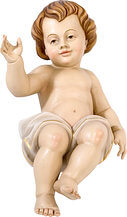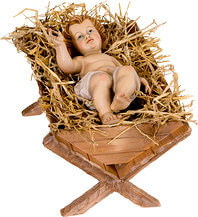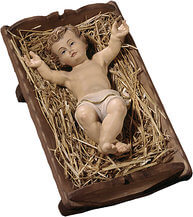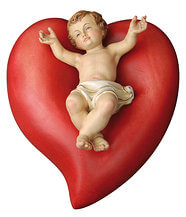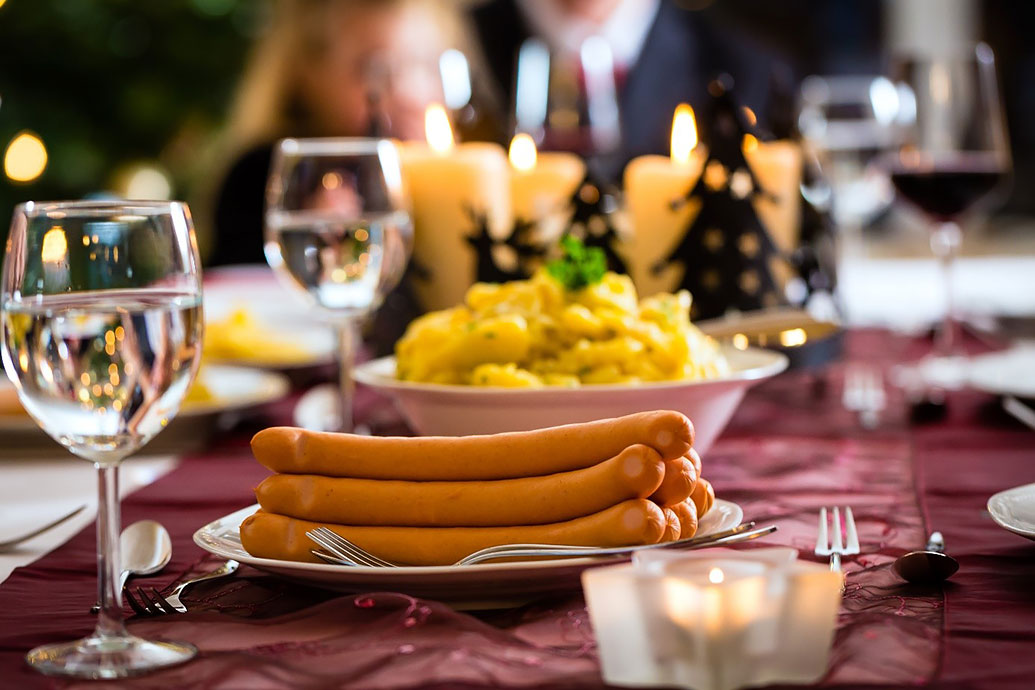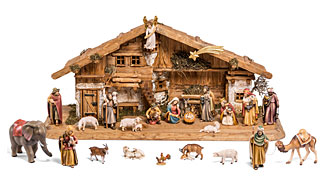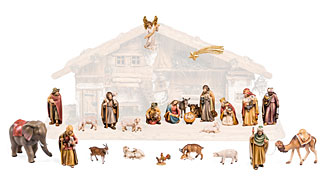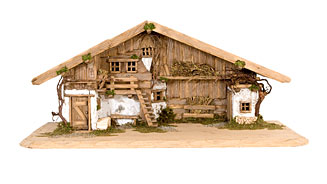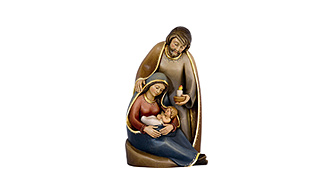According to its original meaning, Christians gather on Christmas Eve to celebrate the birth of Jesus. Non-Christian people also celebrate this day as a family holiday with presents, a special meal and plenty of lights and decorations. Learn more about the history and meaning of the day as well as traditional Christmas Eve dishes in this article.
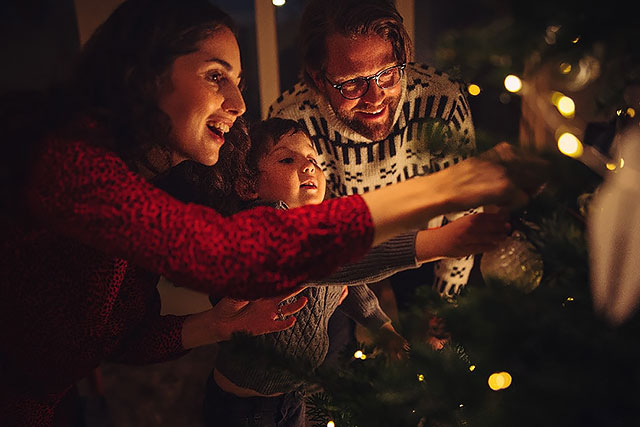
Table of contents
- What is Christmas Eve?
- What is celebrated on Christmas Eve? Its history & significance
- Possible origin of Christmas Eve
- The biblical Christmas story
- What food is typical on Christmas Eve?
- How is Christmas Eve celebrated?
- Gift ideas for Christmas
- More questions about Christmas Eve
- What is the difference between Christmas Eve and Christmas Day?
- Is Christmas Eve a public holiday?
- What is the significance of straw on Christmas Eve?
What is Christmas Eve?
Christmas Eve, also called Heiligabend or Holy Night, is the night before Christmas. In some places, the whole day before is called Christmas Eve. In the late afternoon or evening, in Germany, Austria and Switzerland, among other countries, traditional gift-giving takes place, during which family members give each other presents.
What is celebrated on Christmas Eve? Its history & significance
At Christmas, God brought his Son to earth in the form of Jesus. On Christmas Eve, Christians celebrate the birth of Jesus, who came into the world as the Son of God and Saviour to redeem humanity from its sins. The exact date of Jesus' birth is not known and there is no reference to it in the Gospels.
Possible origin of Christmas Eve
Nevertheless, as early as around the year 300 in Rome, the date of Jesus' birth was set for 25 December. On the one hand, this date represents the winter solstice - the time when the days become longer again, which aligns with the idea of Jesus as a light-bringing figure of salvation. On the other hand, the Gospels date 25 March as the day of the announcement of Jesus' birth to Mary by the angel Gabriel - exactly nine months earlier. Another theory goes back to 25 December as the traditional holiday of the Roman sun god Sol, which was reinterpreted by the early Christians as the day of Christ's birth instead of a pagan holiday.
The biblical Christmas story
The biblical Christmas story begins with the Roman Emperor Augustus calling for a census. Joseph from Nazareth travels to Bethlehem with his pregnant wife Mary to be counted. When labour pains begin and the two find nowhere to stay, Mary gives birth to their son in a stable. According to tradition, an angel of the Lord then appears to the shepherds to inform them of the birth of the Saviour. They go to Bethlehem, where they indeed find Jesus in the manger. They then proclaim the message to the world.
More posts
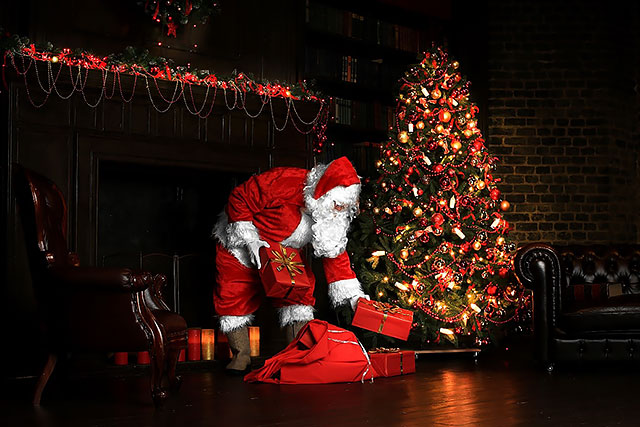
Father Christmas: Who is he really?
As Christmas season approaches, children big and small begin to wait patiently for Father Christmas to arrive. But where does the symbolic figure of Father Christmas come from? And what does he look like in other countries? We give you the answers to these and many other questions in this article.

Advent Calendar: History & Meaning
For most people, it is impossible to imagine the pre-Christmas season without it. But where does the tradition of opening a little door each day actually come from? How long have Advent calendars been around and how have they changed over time?
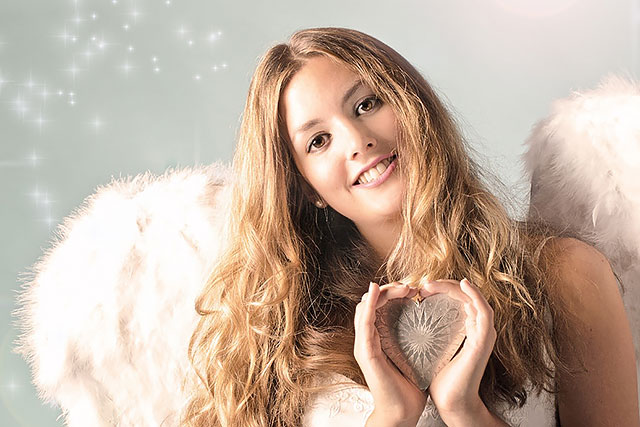
The Christ Child: The Meaning and History of the Blonde-Haired Angel
Blonde-haired with a white ruffled dress, wings and a halo: this is how we imagine the figure of the Christ Child, who lights up the eyes of young children on Christmas Eve. But do you know the story behind the angel?

